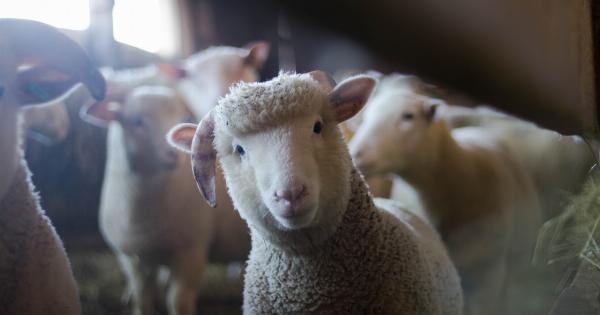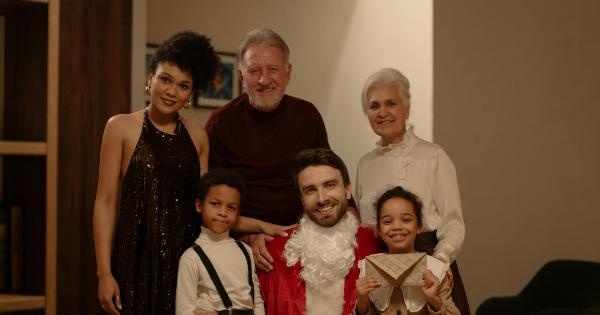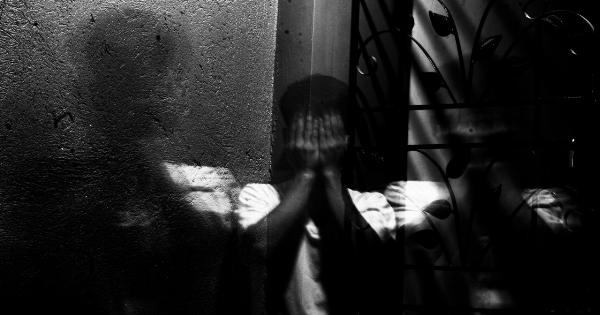Belief in Santa Claus is a cherished tradition in many cultures around the world.
For centuries, parents have delighted in nurturing the magical imagination of their children by telling them stories of a jolly old man in a red suit who travels around the world delivering presents on Christmas Eve. However, as children grow older, some may start questioning the existence of Santa Claus, which raises the question: Is telling kids about Santa Claus deceptive?.
The case for honesty
One argument against perpetuating the myth of Santa Claus is that it is inherently deceptive and can erode a child’s trust in their parents.
Advocates of honesty believe that children should be presented with accurate information from an early age, setting a foundation of trust and open communication between parent and child. They argue that deception, even in the form of a harmless and well-meaning tradition like Santa Claus, can undermine this trust and lead to skepticism and doubt as children grow older.
Moreover, proponents of honesty argue that children should be encouraged to develop critical thinking skills and distinguish between reality and fiction.
They believe that perpetuating the Santa Claus myth may hinder a child’s ability to differentiate between what is real and what is make-believe, potentially affecting their cognitive development.
The magic of childhood
On the other hand, defenders of the Santa Claus tradition argue that the belief in Santa Claus brings immense joy and wonderment to a child’s life.
They emphasize that the magic of childhood, the thrill of anticipation, and the excitement of waking up on Christmas morning to find presents under the tree are priceless experiences that shape fond memories.
Additionally, supporters claim that the Santa Claus myth fosters imagination, creativity, and the ability to believe in something beyond the tangible.
They argue that these skills are vital for a child’s emotional and cognitive development, aiding them in various areas of life, such as problem-solving, abstract thinking, and even empathy.
Cultural significance
The tradition of Santa Claus is deeply rooted in various cultural and religious celebrations. Santa Claus, known by different names such as St.
Nicholas, Father Christmas, or Pere Noel, has become an iconic figure symbolizing the spirit of giving and love during the holiday season.
Proponents of the Santa Claus tradition argue that it is an important part of cultural heritage and should be upheld for its historical and sentimental value.
They believe that the stories and legends surrounding Santa Claus contribute to a sense of communal identity and togetherness during a time when families and communities come together to celebrate.
Developing critical thinking
While the belief in Santa Claus may be perceived as deceptive by some, others argue that it can actually serve as an opportunity to develop critical thinking skills in children.
They contend that as children grow older and begin questioning the existence of Santa Claus, it presents a teachable moment for parents to discuss concepts of belief, faith, and the importance of evidence-based thinking.
Advocates of this perspective suggest that parents can gradually introduce the idea that Santa Claus represents the spirit of giving and the joy of the holiday season, rather than a literal, magical being.
By engaging children in conversations about the origins of the Santa Claus myth and encouraging them to think critically and make their own informed conclusions, parents can nurture their child’s ability to question, analyze, and form independent beliefs.
Maintaining the tradition with transparency
Another approach is to strike a balance by maintaining the Santa Claus tradition while being transparent about its origins and the role parents play in perpetuating the myth.
By framing Santa Claus as a beloved character celebrated during the holiday season, parents can preserve the enchantment while also instilling an understanding that it is a shared make-believe experience.
This approach emphasizes the importance of trust and open communication between parents and children.
By being honest about Santa Claus, parents can foster an environment where children feel comfortable discussing their beliefs and asking questions, without fear of deception or disappointment in the future.
Celebrating the holiday spirit
Regardless of one’s stance on the matter, it is crucial to acknowledge that the Santa Claus tradition is deeply intertwined with the spirit of giving, kindness, and generosity.
The story of Santa Claus encourages acts of goodwill, such as donating toys to children in need or participating in charitable endeavors during the holiday season.
While the belief in Santa Claus may eventually fade, the values and lessons associated with Santa Claus can endure.
Parents can use the Santa Claus tradition as an opportunity to instill virtues like compassion, empathy, and the joy of giving in their children, fostering a sense of community and the spirit of the holiday season.
Conclusion
Is telling kids about Santa Claus deceptive? The answer is not definitive, as it ultimately depends on personal beliefs, cultural traditions, and parenting philosophies.
While some argue that honesty and critical thinking should always prevail, others emphasize the magic, joy, and cultural significance associated with the myth of Santa Claus.
Ultimately, the key to navigating this debate lies in finding a balance between honoring tradition, fostering imagination, and maintaining open and honest communication with children.
By prioritizing trust, transparency, and the celebration of the holiday spirit, parents can create cherished memories while instilling important values that extend far beyond the existence of Santa Claus.






























